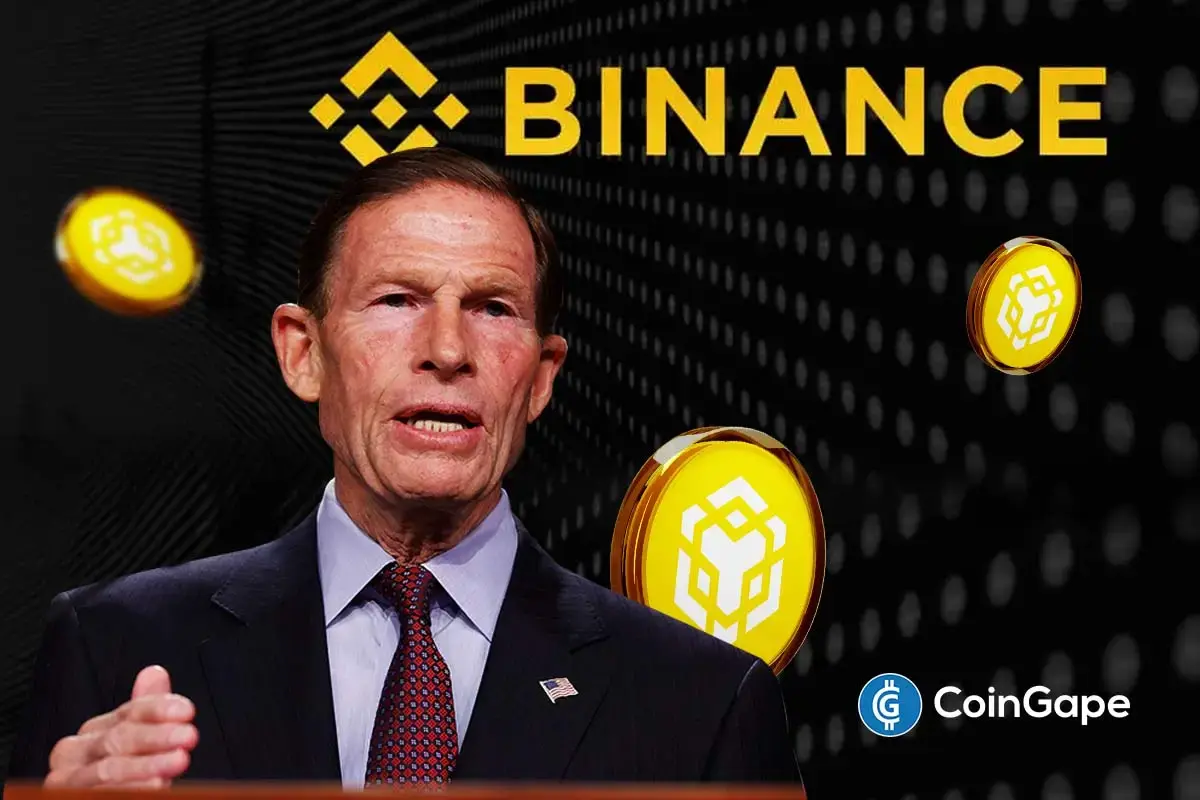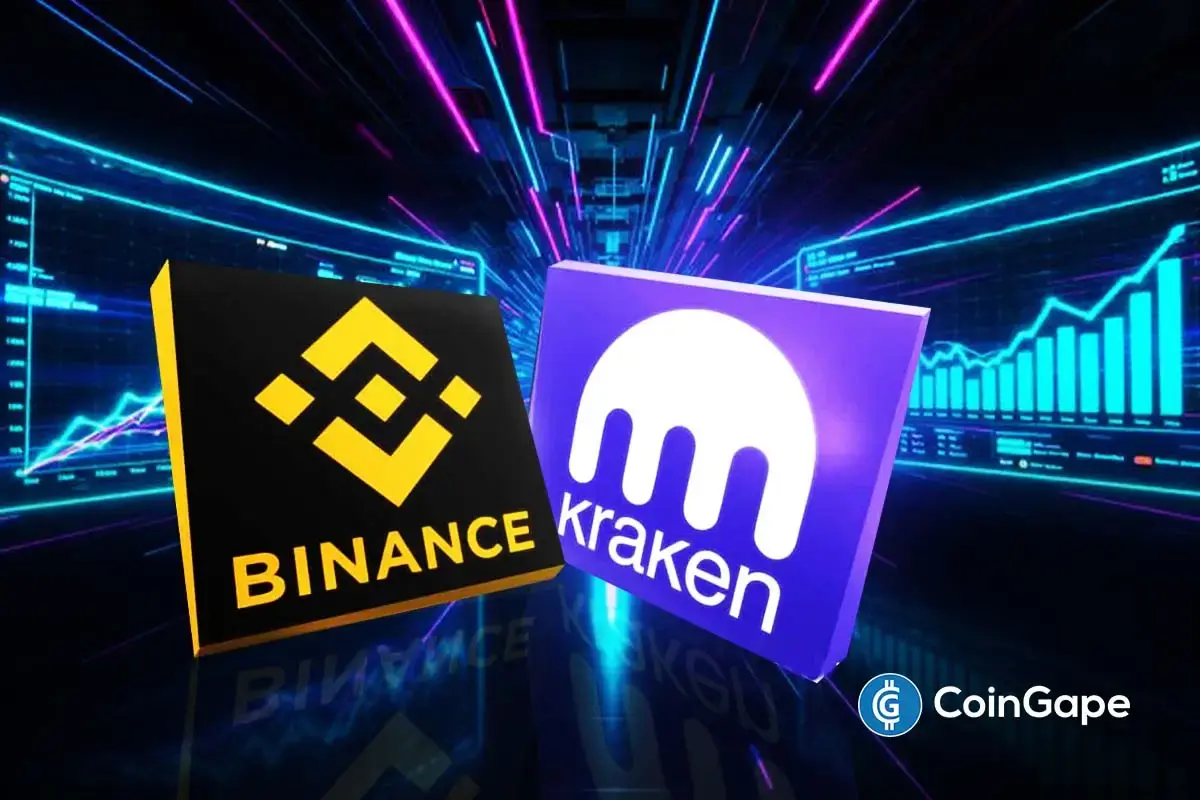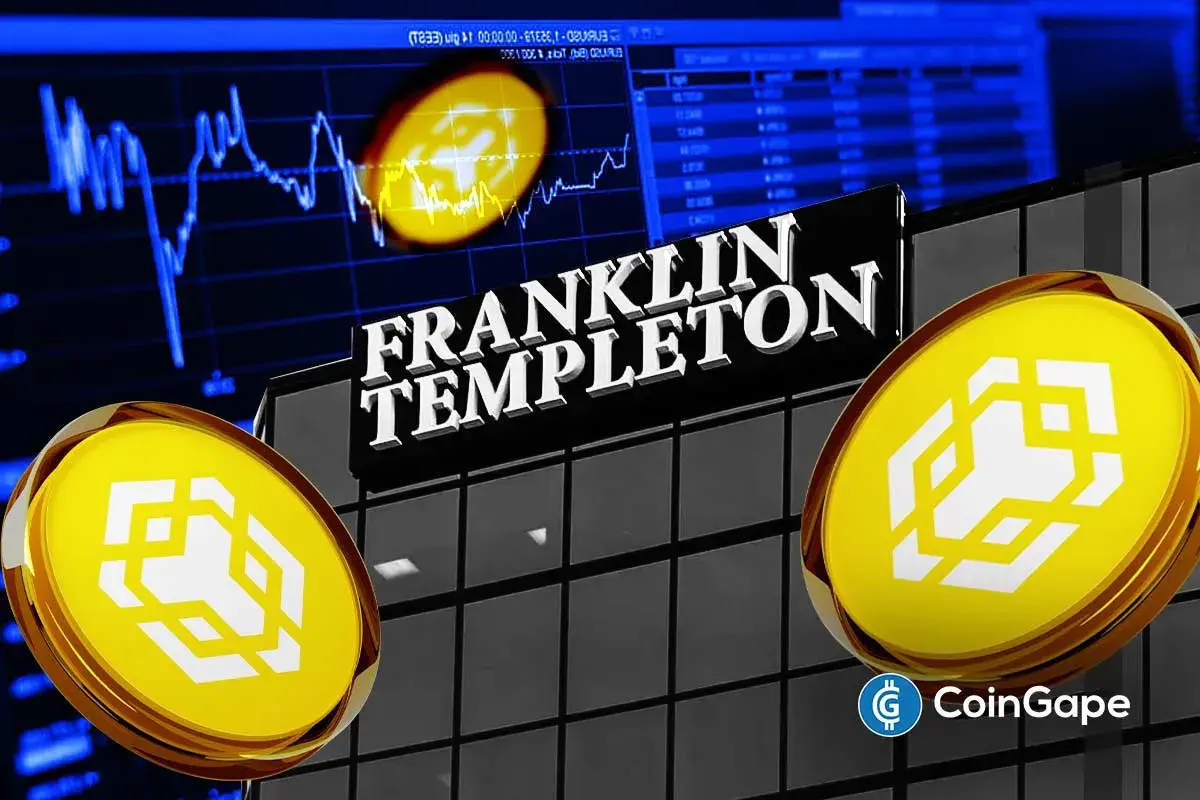Breaking: Binance US Loses Its FDIC-Insured Status, Halts All USD Withdrawals

The world’s largest crypto exchange Binance’s U.S.-based subsidiary Binance.US has lost its FDIC-insured status, the crypto exchange informed its customers in an email on Tuesday. Binance US has updated the terms of use with changes to deposit insurance language following guidance from the Federal Deposit Insurance Corporation (FDIC).
Binance.US No Longer US FDIC Insured
Binance.US has informed its customers in an email that crypto deposits are no longer insured, as per updated terms of use of the crypto exchange.
“Digital Assets are not legal tender, are not backed by any government, and accounts and value balances are not subject to protections or insurance provided by the FDIC or the Securities Investor Protection Corporation (SIPC).”
In addition, users must convert their fiat U.S. dollars in accounts to stablecoins or other digital assets to withdraw their crypto holdings. Binance.US’ accounts were earlier insured up to $250,000 per person.
Custodial accounts at exchanges such as Coinbase have FDIC protection per-depositor coverage limit of $250,000 per individual, as per terms of service. However, the availability of pass-through FDIC insurance is “contingent upon Coinbase having correct information about you as a customer.”
Binance Facing Regulatory Heat
The exchange is facing a crackdown by the regulators in the U.S. led by the Securities and Exchange Commission. Binance CEO “CZ” has criticized the regulators for their actions against Binance and Binance.US.
Meanwhile, the SEC argues that Binance.US failed to cooperate on the consent order in the lawsuit. The SEC argues BAM has only produced approximately 382 and refuses to provide its position on producing the remaining documents as requested by the agency under the consent order. Binance.US said the SEC has made more requests since the September 18 hearing, which are unreasonable.
Also Read:
Play 10,000+ Casino Games at BC Game with Ease
- Instant Deposits And Withdrawals
- Crypto Casino And Sports Betting
- Exclusive Bonuses And Rewards

- Bitget Unveils MotoGP-Inspired ‘Smarter Speed Challenge’ for Crypto, Stocks, and Gold Trading in Latest UEX Push
- XRP News: XRPL Set to Add Options Trading for Investors Amid Major Upgrade
- Is World War III Near? Bitcoin Price Drops As UK, France, Germany Consider Iran Action
- Is Bitcoin Dead? Here’s What the Data Really Says
- US-Iran War: Meme Coin Market Plunges After Iranian Drone Hits US Embassy in Kuwait
- Bitcoin And XRP Price As US Kills Iran Supreme Leader- Is A Crypto Crash Ahead?
- Gold Price Prediction 2026: Analysts Expect Gold to Reach $6,300 This Year
- Circle (CRCL) Stock Price Prediction as Today is the CLARITY Act Deadline
- Analysts Predict Where XRP Price Could Close This Week – March 2026
- Top Analyst Predicts Pi Network Price Bottom, Flags Key Catalysts
- Will Ethereum Price Hold $1,900 Level After Five Weeks of $563M ETF Selling?

 Buy $GGs
Buy $GGs

















